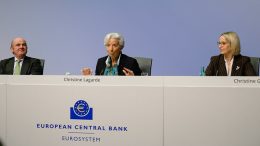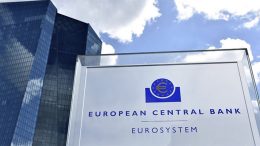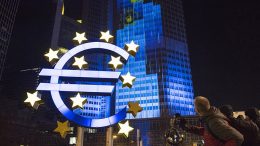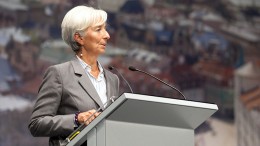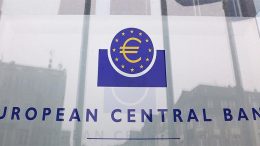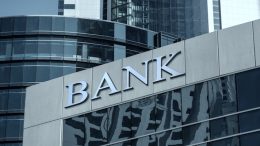The ECB Is Clearly Paving The Way For Further Accommodation For December
Lagarde couldn’t have been clearer that risks are now tilted to the downside and that the economic recovery was losing momentum. Given today’s meeting, we expect an expansion of PEPP and further policy measures clearly now cannot be ruled out.

